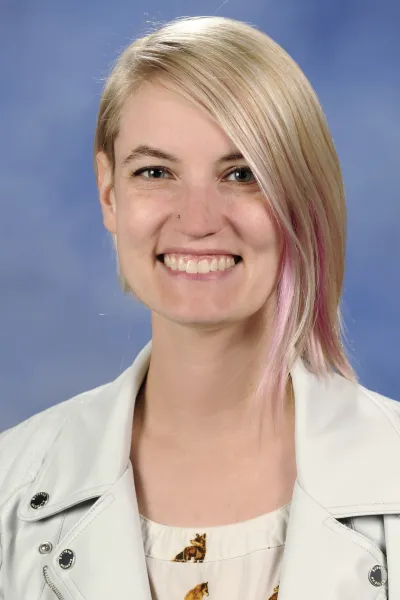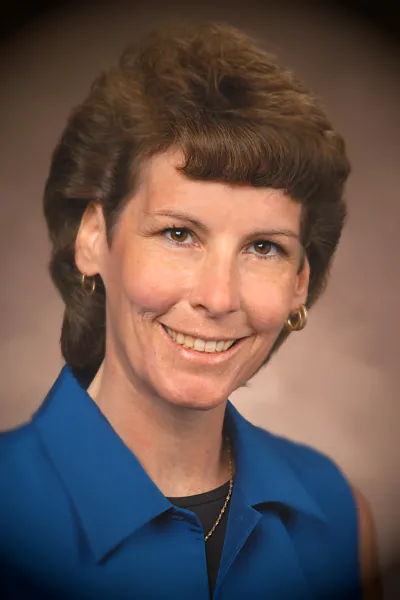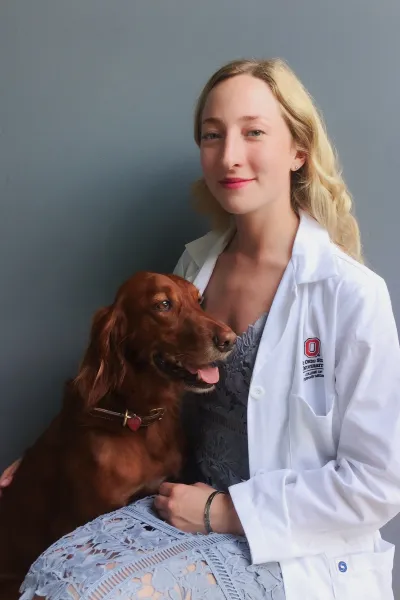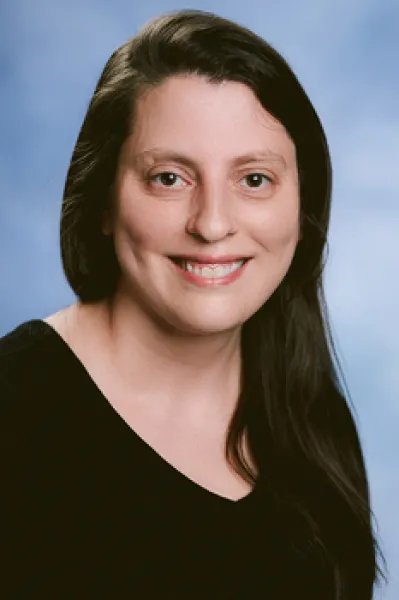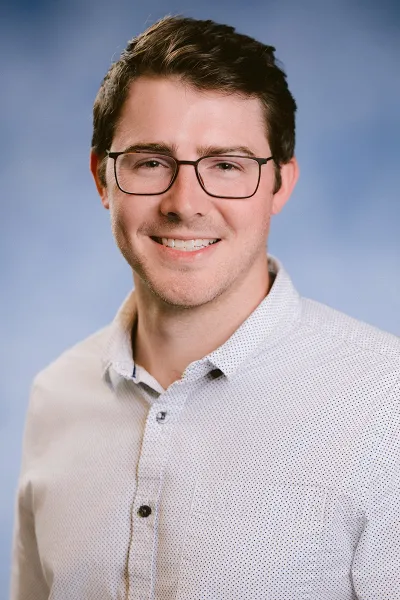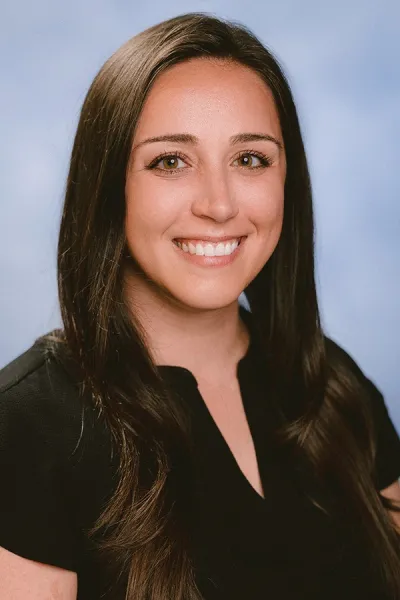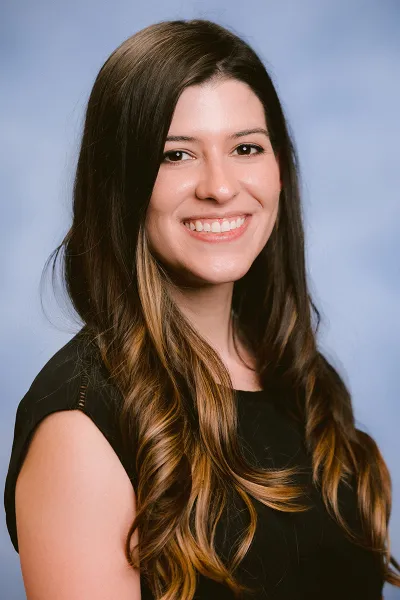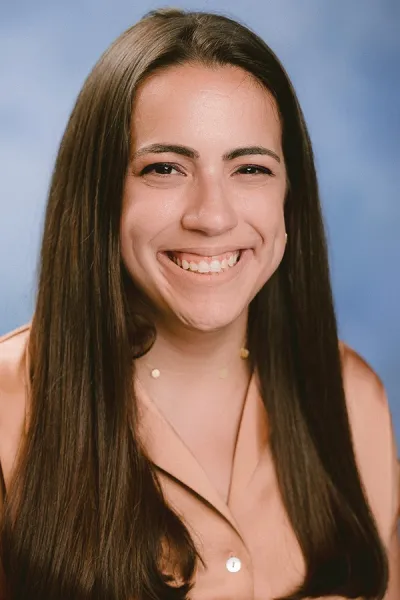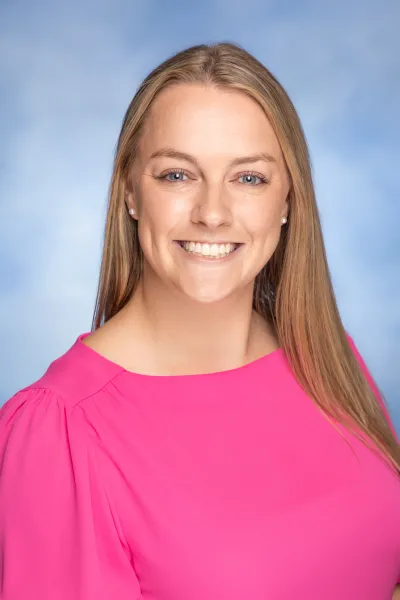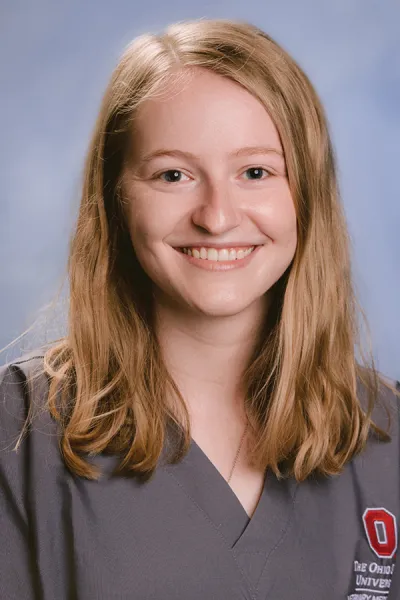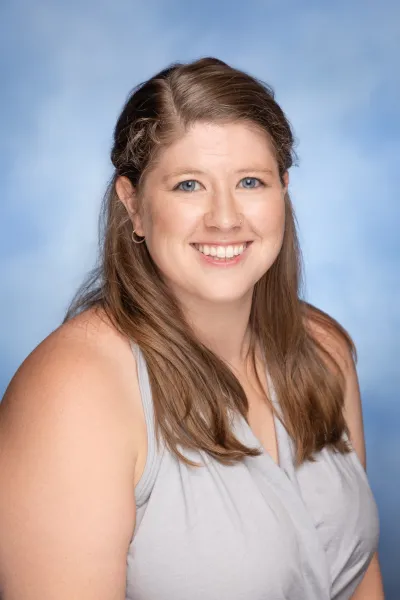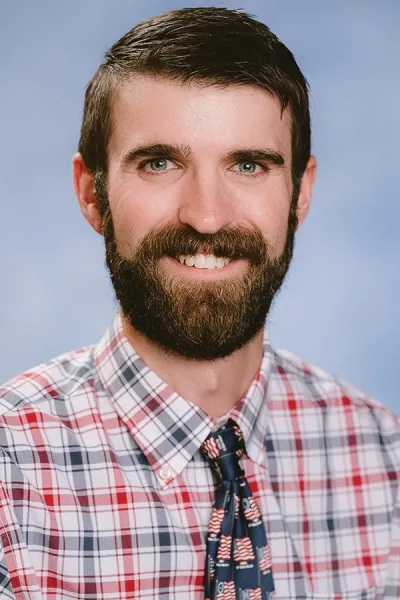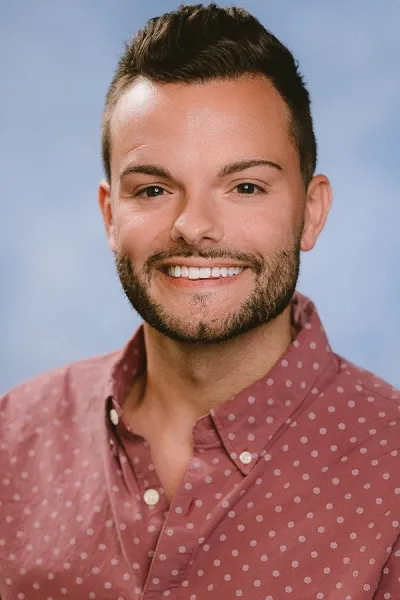Small Animal Surgery Residency
Additional Residency Resources learn more about our veterinary health system
Objectives
- Develop comprehensive, state-of-the-art expertise and clinical proficiency in small animal surgery
- Satisfy the criteria necessary to qualify for Board Certification
- Prepare for future career goals of teaching, clinical research, scientific publication, or specialized practice
Prerequisites and Applications
- All potential residents must meet the minimum requirements and qualifications (see Residency Program Handbook)
- Applicants must be either U.S. citizens or permanent residents of the U.S. the Ohio State University cannot sponsor or process F, J, or H-1B visa applications for resident positions. We also cannot accept TN visas. Successful applicants must be available to report to The Ohio State University Department of Veterinary Clinical Sciences no later than the scheduled beginning of the program.
- Applicants must be graduates of an AVMA-recognized College or School of Veterinary Medicine and have completed a one-year rotating internship or acceptable equivalent clinical experience.
- All requirements must be met to hold and maintain a limited license to practice Veterinary medicine in the State of Ohio – click here for information on licensure requirements.
- For those residents who chose to enroll in an optional Master of Science degree program the current admission requirements include:
- a minimum 3.0 GPA for all undergraduate coursework
- a minimum 3.0 GPA for professional (veterinary degree) studies
- a minimum 3.3 GPA for all graduate coursework
Following review of applicants, selected candidates may be invited for a phone, web based video or in person interview in early January. Format of interviews will be dependent upon travel restrictions due to COVID-19.
Employment and Benefits
For a full list of benefits, see the Residency Program Handbook
- Salary
- Health insurance
- Travel allowance
- Personal + Professional days leave (from policy)
- External consultation and employment
- Licensure
- Tuition assistance
Orientation
During the first week at the commencement of the residency program, all incoming residents participate in a comprehensive orientation program to introduce them to the department, college and university, to complete necessary documentation, and to facilitate integration into our program and activities.
Clinical Service Responsibilities
- Program rotations are designed to ensure development of clinical competence in soft tissue, orthopedic, oncologic, and neurosurgical subspecialties.
- Residents rotate every 2-4 weeks among the clinical services within the Section of Small Animal Surgery (SAS) and Integrated Oncology.
- SAS residents may also be assigned to rotate through the orthopedic specialty service located at OSU-VMC Dublin, located approximately 10 miles from the main OSU VMC campus hospital.
- Out-of-hours emergencies are received by the OSU VMC Emergency service, comprised of rotating and specialty interns, ECC residents and faculty. Surgery residents share an on-call schedule on evenings, weekends and holidays, and are expected to consult on and assume responsibility for the care of surgical patients received during this time. The resident designated to be the first responder will receive support from a predetermined senior resident and faculty surgeon.
- Clinical rotations facilitate development of clinical proficiency, clinical skills, and knowledge of surgery through exposure to a wide variety of cases at all levels of complexity. This goal is facilitated by location of the teaching hospital in a large metropolitan area that provides a rich variety of case material as well as a referral base from surrounding states. Case management is carried out with the guidance and collaboration of experienced faculty who are recognized experts in their respective fields. State-of-the-art equipment and facilities are available to develop technical expertise in diagnostic and therapeutic procedures.
- Each resident is granted a minimum of 18 weeks ‘off clinic’ time during the three year program for research activities, in accordance with the ACVS residency program guidelines. These weeks should be primarily dedicated to completion of their research project. Regular primary patient care responsibilities are not expected during this period; however the resident is expected to be responsive to their established clients via phone or email in a timely manner. Refer to the Resident program guide for additional information regarding ‘off clinic’ blocks. Residents will receive 4 weeks of ‘off clinic’ time to study for the Phase I ACVS exam during the second year of their residency. Regular primary patient care and emergency responsibilities are not expected during this period, however, the resident is expected to be responsive to their established clients via phone or email in a timely manner.
- According to ACVS guidelines https://www.acvs.org/residents/standards , at least 110 weeks of the 156-week program must be spent on a surgical service under the direction of an ACVS Diplomate.
- According to ACVS guidelines, the resident will complete ACVS required specialty service rotations (Anesthesia, Diagnostic Imaging, Critical Care / Internal Medicine, and Pathology) during their three year residency. All these specialty rotations can be completed onsite at OSU.
- According to ACVS guidelines, the degree of responsibility assumed by the resident shall be appropriate to the nature of the surgical procedure and training experience. The resident on a surgical service shall be responsible for:
- Receiving clinic appointments and obtaining history and pertinent information from clients
- Supervising daily management of hospitalized animals
- Participating in clinical teaching
- Providing optimal clinical service and prompt professional communications
- A minimum of 400 surgical procedures will be required in the small animal curriculum. These are subdivided into Core Curriculum Categories. Residents must perform a minimum number of procedures within each of these categories. These procedures are tracked using the Cases section of the Resident Training Log
Teaching Responsibilities
- Teaching responsibilities include clinical teaching of senior veterinary students and interns assigned to the residents’ ward or emergency service.
- Residents may be scheduled to participate in teaching small animal surgery skills to junior veterinary students during laboratories (including ‘Introduction to Surgery’, and ‘Small Animal Operative Practice’ courses).
- Interested residents will be given the opportunity to develop lecture skills by preparing and delivering selected formal classroom lectures to professional students.
- In addition, residents will complete the required 6 seminar presentations according to ACVS guidelines.
- Seminar Requirement: The resident must present a minimum of 6 different seminars during the program. Seminars may not include multiple presentations of the same topic or lecture.
- Surgery Residents’ Rounds Presentations: The resident must regularly present cases at surgery residents’ rounds held weekly. The Resident Advisor must attest to the resident’s attendance at rounds on a weekly or bi-weekly (every two weeks) basis.
Educational Opportunities
- Numerous specialty seminars, conferences, and journal clubs are available to residents.
- A required weekly case orientated conference provides an opportunity for residents to enrich their clinical problem-solving skills.
- Enrollment in a Master of Science graduate program is optional. A comprehensive selection of graduate level courses in small animal surgery provides residents with relevant course material for partial fulfillment of the MS degree requirements.
Research and Scholarly Activity
- Publication requirement: Each resident must submit at least one scholarly paper to a refereed journal prior to completion of the residency program. For specific guidelines for manuscripts that would meet ACVS credentialing requirements, please refer to the ACVS Resident information brochure https://www.acvs.org/residents/standards
- Residents enrolled in the optional graduate program are expected to prepare and submit their research for publication. MS research (see Residency and Graduate Program Handbooks)
- Residents are encouraged, but not required, to present their research at national and international meetings. Some CE funding is available to support this travel, though not all costs may be covered.
Evaluations
- Department of Veterinary Clinical Sciences: Formal Resident Performance Evaluations are completed by January 15th and July 15th each year. Details of the nature and structure of these evaluations can be found in the Residency Program Handbook.
- A formal resident evaluation form (as adopted by the Graduate Studies Committee) is completed, presented to the resident for discussion. Once finalized the evaluation is distributed to the resident and Section Head as a matter of record.
- ACVS Requirements: Residents must meet with their Resident Advisor at least twice a year for evaluation of performance and progress. The Resident Advisor must document this evaluation as part of the Semi-Annual Review section of the Resident Training Log. Residents should complete entry of all log items in the ACVS Resident Training Log prior to each semi-annual review.
- The ACVS is responsible for: Evaluation of each resident's progress annually as documented in the Resident Training Log, and communication of deficiencies to the Program Director, Resident Advisor and resident. If there are deficiencies deemed to be significant to the Resident Credentialing Committee’s (RCC) ability to evaluate thoroughly a Resident’s progress, the resident may be required to correct and resubmit training items.
Specialty College Requirements
- Develop Residency plan:
- Must include minimum of 110 weeks ACVS Diplomate supervised clinics and minimum of 18 weeks for research activities
- Specialty service training – 2 weeks in the required specialty rotations of anesthesia, diagnostic imaging, pathology; 3 weeks in internal medicine/critical care
Identify Resident Advisor during first calendar semester - Publication/research (Publication must be accepted by approved journal prior to August 1 of the year in which credentials are submitted.)
- Review Core Curriculum (Forms 2-EQ, 2-LA, 2-SA)
- Initiate and maintain documentation of training using the web-based Residency Training Log. Submit items for verification by the Resident Advisor or approval by the appropriate specialty board Diplomate:
- Surgery cases
- Activity weeks
- Seminars
- Specialty service rotations
- Supervisors
- File Registration of Resident Advisor (Form 1b) within the first calendar quarter. Retain copy.
- Become familiar with candidate requirements for ACVS and with the General Information Guidelines of ACVIM
Board Certification
- We offer a comprehensive didactic and clinical training program that we believe provides excellent preparation for successful completion of the ACVS board certifying examinations.
- Residents are expected to take their board exams upon eligibility.
Updated 8/25/21
Contact Us
Specific questions regarding the program may be directed to:
Nina Kieves, DVM, DACVS, DACVSMR
Associate Professor
Phone: 614-292-3551
Email: kieves.1@osu.edu
For general inquiries, please contact the VCS Education Program Coordinator:
Chelsea Souder
VCS Education Program Coordinator
Phone: 614-688-0332
Email: Souder.60@osu.edu
